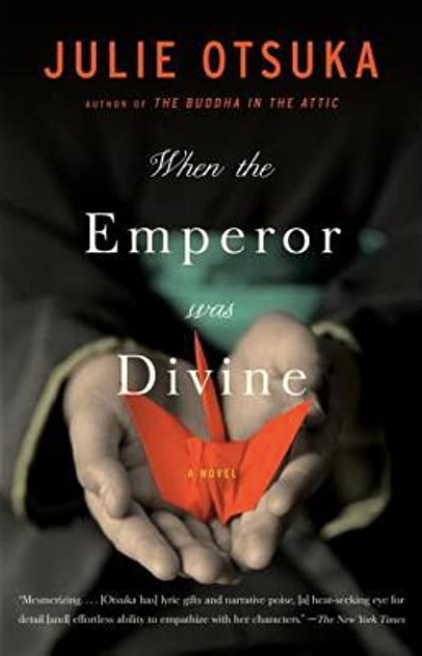
Why are you here at college? Is it because you felt like it was socially expected of you? Was it the natural next step after high school? Did your parents give you no alternative, or was it genuinely your choice? College-age Mark Zuckerberg, Bill Gates and Steve Jobs probably asked themselves similar questions while in school, and they all went on to be extremely successful in life.
But Zuckerberg didn’t major in social networking, Gates didn’t get a degree in computer science and Jobs didn’t specialize in being a technology guru and innovator. In fact, none of these men graduated from college at all.
We are definitely not advocating dropping out of school, but if the only reason for going to college was to obtain a job four years later, we don’t think the experience would be nearly as meaningful. College is meant for self-discovery and higher learning, not just to churn out employees for the future.
Too often we hear students complain about the core of common studies because it doesn’t directly relate to the specific majors students intend to turn into their careers. Just because the course description does not explicitly say “nursing” or “engineering” or whatever your major may be, does not mean the class won’t help you later in life in some way, even by simply giving you something new to think about. That’s the beauty of holistic education – it benefits you as a person, not just as a potential employee.
In a commencement speech at Stanford, Jobs said he took a calligraphy class at college, not because it was required, but because he wanted to. At the time, he had no idea what the future had in store for him. He ended up applying the skills he learned in that class to create the computer fonts we use today.
So maybe that dreaded class isn’t as pointless as you may think. ‘Tis the season for course evaluations, and we encourage students to think about that before clicking “submit.”
If you’re only “taught” by reading a slideshow and regurgitating it to pass a test, are you actually learning? Students and professors alike need to focus on what knowledge is actually being gained from Marquette’s courses, not just the tangible skills they are designed to produce. Sure, we may not remember the names of every philosopher discussed in PHIL 1001, but the class may change the way we think, and how we understand what it means to be a human being and the way this understanding influences the way we live.
If you don’t end up in a career in the area of your major, would you still find the skills you’re learning in college important? Because you should.
According to the 2011 Current Population Survey data by Northeastern University, about 1.5 million, or 53.6 percent, of bachelor’s degree-holders under the age of 25 were jobless or underemployed last year. That means that these students are graduating and getting jobs that do not pertain to their college major, or sometimes not finding a job at all. It’s no secret that the economy is in a less than desirable state right now, so it’s important to try to get a well-rounded education and be able to extract and apply skills learned from all classes to a variety of career paths. Who knows what sort of job you’ll have five years from now?
There are certain courses that have intrinsic value; in fact, all courses should. Courses like Race and Gender Issues in Mass Media and Introduction to Economics, among other classes, might not relate directly to your dream career, but there is still valuable information to be learned from them.
Living a full life means doing, seeing and thinking about all sorts of things, not just having your ideal job (although that would be nice, too).
Look at the bigger picture of education while you have the chance. College provides us with an opportunity to grow as people, to think about what we know, what we believe and how it will affect the rest of our lives. We should use course evaluations as a chance to hold our professors and ourselves accountable to that ideal.




Seamus M. Doyle • Nov 29, 2012 at 10:25 am
Stellar editorial. You know what, I’m going to take that African Dance class and “Wine and the Art of Drinking in Classical Antiquity.” In all seriousness, you really nailed this one.